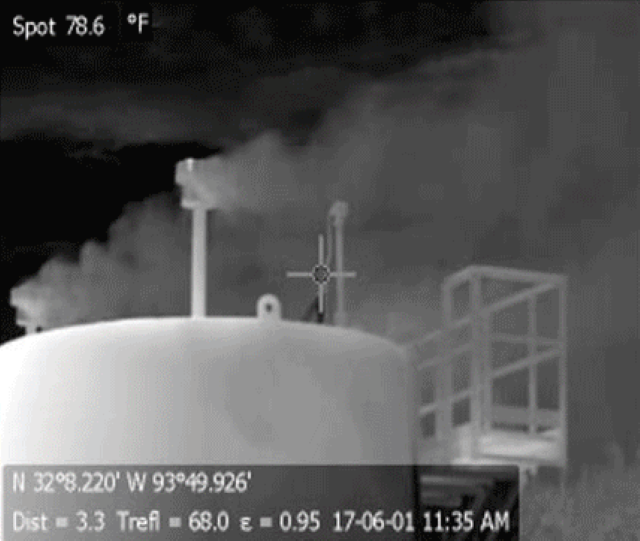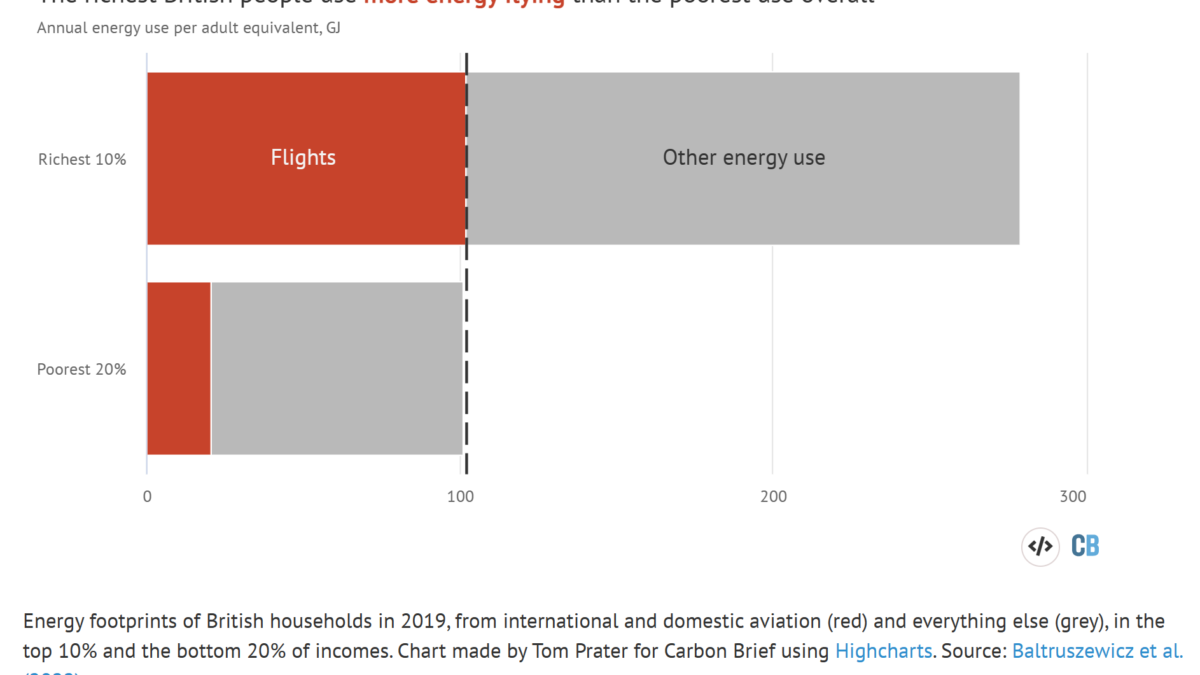UN climate body head dissatisfied with Bonn climate talks outcome – “Never satisfied. In terms of whether reasonable progress made. Yes. Was it enough? We will know as we as we enter the COP28 itself.”

By Riham Alkousaa
16 June 2023
BERLIN (Reuters) – The head of the United Nation’s climate body said on Friday he was not satisfied with the outcome of a 10-day conference and the process was moving too slowly given the urgency of the climate crisis.
“Never satisfied. In terms of whether reasonable progress made. Yes. Was it enough? We will know as we as we enter the COP28 itself,” Simon Stiell, the U.N. Framework Convention on Climate Change (UNFCCC) Executive Secretary, told Reuters.
Global climate negotiators had little specific progress to report at talks intended to prepare for this year’s COP28 U.N. climate conference in Dubai, which it is hoped will get governments to embrace more ambitious steps to limit global warming to 1.5 degrees Celsius (2.7 Fahrenheit).
U.N. Secretary-General Antonio Guterres said on Thursday that countries must start phasing out oil, coal and gas – not just emissions – and demanded that fossil fuel companies “cease and desist” measures that aim to hobble progress on the issue.
Some Western governments and climate-afflicted island nations agree, but the oil-producing United Arab Emirates, host of COP28, says the talks should focus on phasing out emissions. Nevertheless, the UAE’s incoming COP28 president said last week the phasedown of the fuels themselves was inevitable.
Asked whether fossil fuel phase-out or down would be on the COP28 agenda, Stiell said the UAE presidency was still crafting its vision. He expected to hear more on that in the coming weeks.
“Science tells us that what is required in order to reach zero requires phasing out and down of all fossil fuels. We’ll see what signals are presented. But the science is very clear,” Stiell added.

UNFCCC said the Bonn talks closed on Thursday with progress on the issues of financing measures to mitigate climate change; the question of liability for the loss and damage it has caused; and funding for measures to adapt to its effects. But it did not specify what had been decided.
Stiell said giving a quantifiable assessment of the conference outcome was difficult but his team was analysing the meetings’ decision and expected a definitive assessment of what was achieved in the coming days.
The meeting is seen as a mid-way check-in to prepare decisions for adoption at COP28, which begins on Nov. 30.
The landmark 2015 Paris climate agreement set a 1.5C increase in the global surface temperature as a limit for averting the most catastrophic effects of global warming in the industrial era – a threshold already close to being crossed.
But activists accused the United States, Britain and the European Union of trying to divert discussions away from their legal accountability for climate change.
They said rich industrialised countries were pushing developing countries to commit to measures such as expanding renewable sources of power without taking into account their inability to pay for them.
Despite intensive discussions over the past two weeks in Bonn, the issue of how countries would finance their climate action policies remained vague, Stiell said. The topic would dominate discussions in Dubai later this year, he said.
“For many of the policies we see in the negotiating rooms, if the means of implementation were there, many of the tensions that we currently see would diminish significantly,” he added.
No decision was made on whether the Global Stocktake – a flagship product of the 2015 Paris agreement where governments will review their progress on climate action at COP28 – should emphasise the historic responsibility of richer nations for emissions or have more forward looking language, he said.
Environmentalists did, however, welcome new UNFCCC requirements for participants in the U.N. process to disclose their affiliation, a step aimed at curbing the influence of fossil fuel industry lobbyists.
UN climate body head dissatisfied with Bonn climate talks outcome


